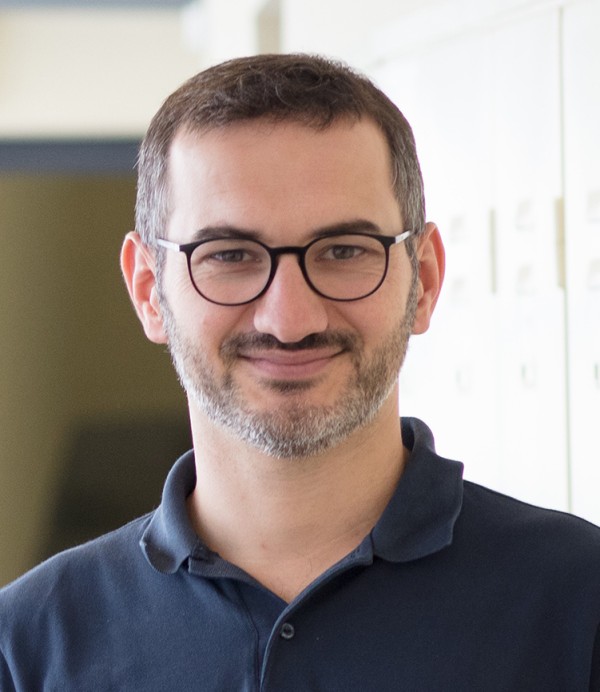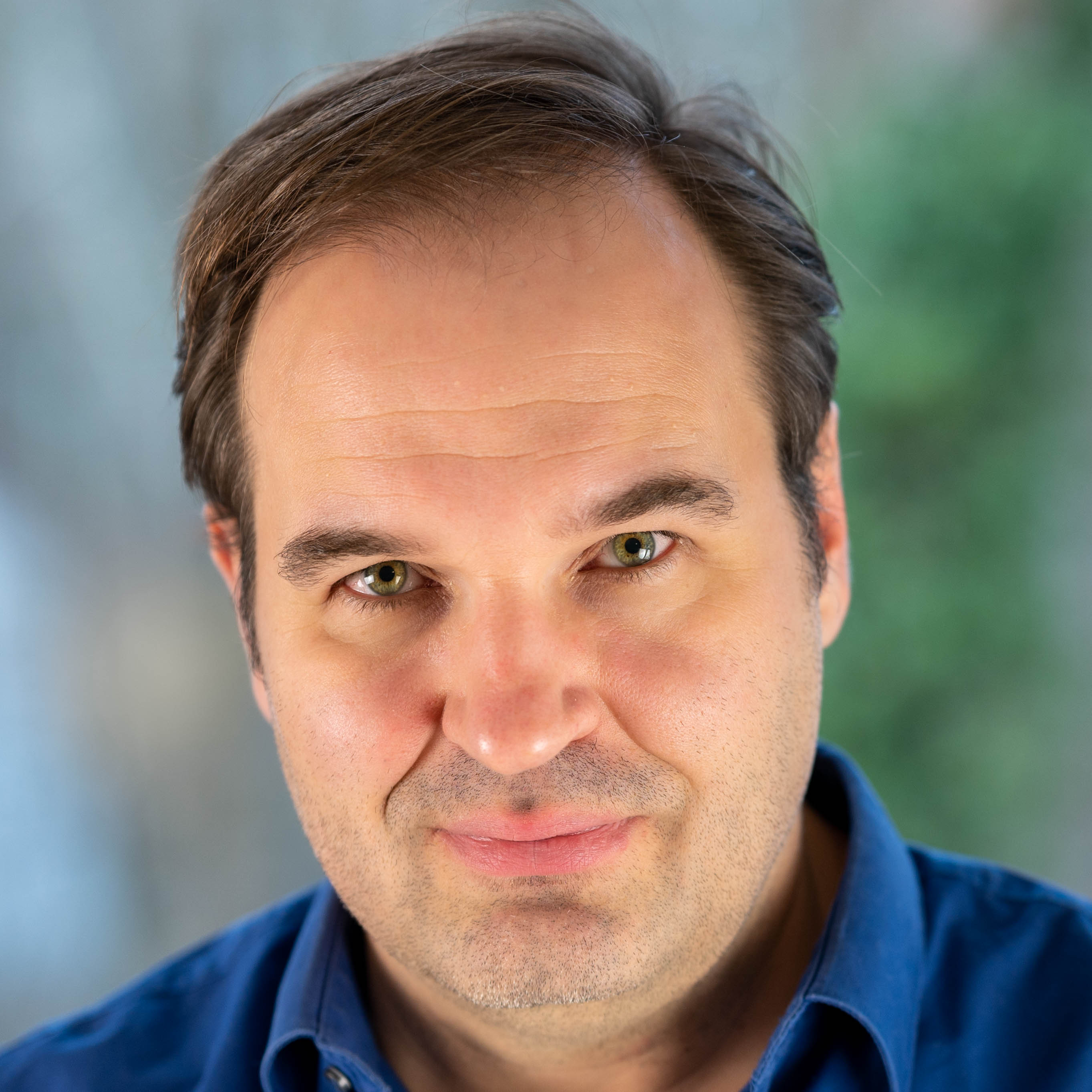
Secure Distance Measurement: From Protecting Car Locks to Securing Contact Tracing and Navigation
Proximity, distance and location information is predominantly provided to devices through their radio interfaces. Many systems such as Contactless payments, Passive Keyless Entry and Start Systems, Digital Contact Tracing, Autonomous Navigation, rely on the correctness of distance and location information. The ability of the attacker to manipulate distance or position information via relays and other physical-layer attacks can, in part or fully, violate the functioning of these systems and lead to theft of property and funds, physical damage or denial of service. A number of such attacks have been demonstrated in the recent decade. In recent years, these physical-layer attacks have been integrated into attacker models and are having impact on radio designs and standards, specifically UWB, WiFi and 5G. First distance measurement radios built specifically to resist physical-layer attacks have been already commercialized and are now deployed in the automotive industry. In this talk I will provide an overview of this space, outlining the key challenges, proposed and deployed solutions, as well as ongoing research and standardization efforts.
Srdjan Capkun (Srđan Čapkun) is a Full Professor in the Department of Computer Science, ETH Zurich and Director of the Zurich Information Security and Privacy Center (ZISC). He was born in Split, Croatia. He received his Dipl.Ing. Degree in Electrical Engineering/Computer Science from the University of Split in 1998, and his Ph.D. in Communication Systems from EPFL in 2004. Prior to joining ETH Zurich in 2006 he was a postdoctoral researcher in the Networked & Embedded Systems Laboratory (NESL), University of California Los Angeles (UCLA) and an Assistant Professor in the Informatics and Mathematical Modelling Department, Technical University of Denmark (DTU). His research interests are in system and network security. His focus areas are wireless security (in particular secure positioning), and system security where he focuses on trusted computing and blockchain technologies. He is a co-founder of 3db Access, a company focusing on secure distance measurement and proximity-based access control, and of Sound-Proof a spin-off focusing on usable on-line authentication. In 2016 he received an ERC Consolidator Grant for a project on securing positioning in wireless networks. He is a fellow of the ACM.

Theory of leakage – a look at the past two decades of research
Side-channel attacks are based on measuring information that leaks from a cryptographic device in a form of timing information, power consumption, electromagnetic emanations, and others. Since their publication in the 1990s, such leakages were actively investigated by the cryptographic research community. In this talk I will give an overview of some of the research work done by the theoreticians over the last two decades in this area. I will mostly focus on explaining what is the role of theory in this field, hopefully clarifying some common misconceptions about it. The talk will be rather non-technical and will consist mostly of examples from my own research, as well as from work done by other researchers. In particular, I will talk about the seminal construction of “private circuits” by Ishai et al. (Crypto 2003), my work (together with K. Pietrzak) on leakage-resilient stream ciphers (FOCS 2008), and my result (together with A. Duc and S. Faust) on the equivalence of “random probing” and “noisy” leakage models (Eurocrypt 2014, J. Cryptology 2019). I will conclude with some research directions for future work in this area.
Stefan Dziembowski is a professor at the University of Warsaw. He is interested in theoretical and applied cryptography. Dziembowski a PhD in 2001 from the University of Aarhus, Denmark. He was a post-doc at the ETH Zurich, CNR Pisa and the University of Rome “La Sapienza”, where he joined the faculty in 2008. In 2010 he moved to the University of Warsaw where he leads the Cryptography and Data Security Group.
His papers appeared at leading computer science conferences (FOCS, STOC, Crypto, Eurocrypt, Asiacrypt, IEEE S&P, ACM CCS, TCC, CT-RSA, and LICS), and journals (Journal of Cryptology and IEEE Transactions on Information Theory, Journal of the ACM, Communications of the ACM). He also served as a PC member of several international conferences, including Crypto, Eurocrypt, Asiacrypt, Theory of Cryptography Conference (TCC), and the International Colloquium on Automata, Languages and Programming (ICALP). He served as a PC co-chair of TCC 2018 and will serve as a PC co-chair of Eurocrypt 2022.
He is a recipient of an ERC Advanced Grant, ERC Starting Independent Researcher Grant, Marie-Curie Intra-European Fellowship, and several national grants. He is a co-author of two papers that won the Best Paper Awards (on Eurocrypt 2014 and on IEEE S&P 2014).